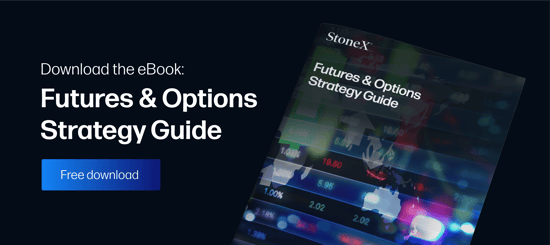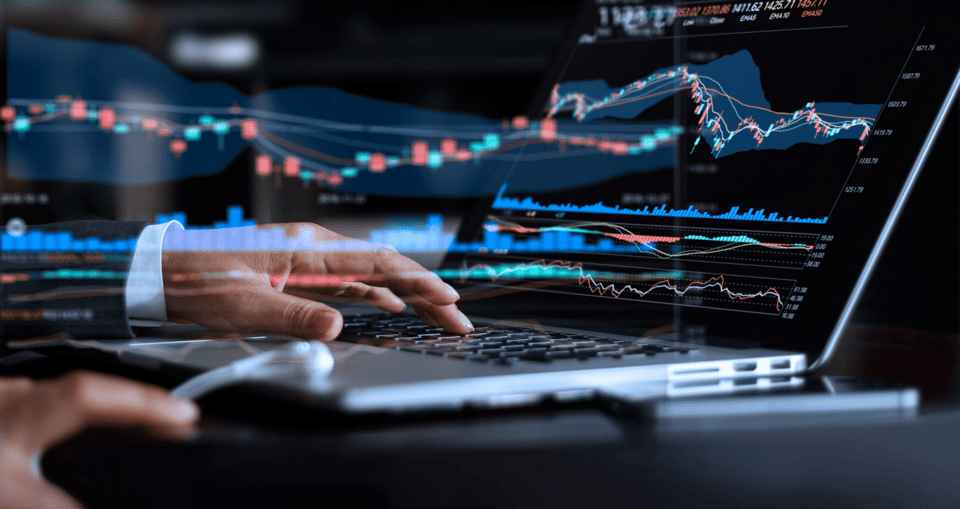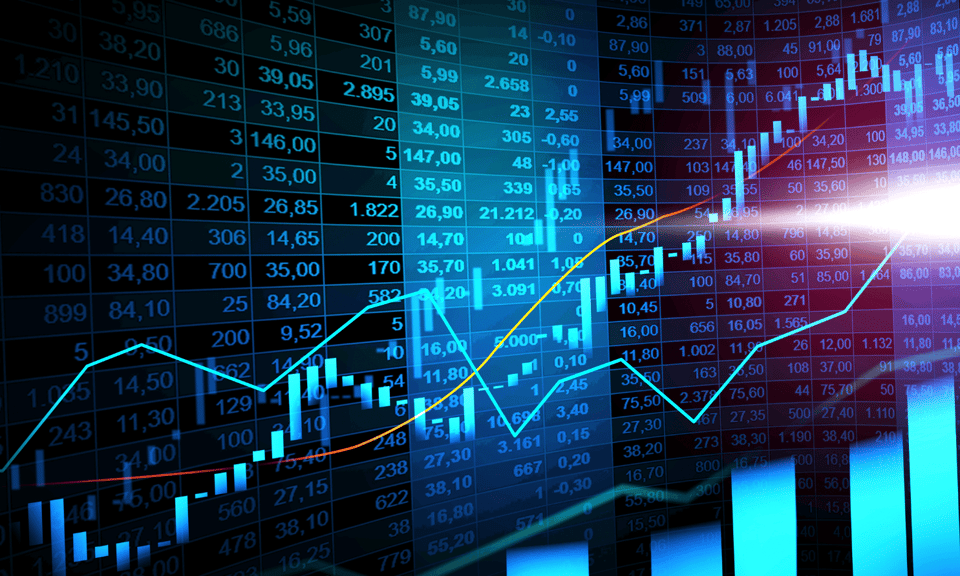For anyone interested in learning how to trade commodities, there are several essential areas of study. First, it’s critical to select a market that is conducive to success. After that, buying and selling contracts efficiently is the name of the game.
The basics may sound easy, but expertise is required to become a consistently profitable commodities trader. In this blog article, we’ll cover the ins and outs of choosing a market and a few ways that the pros identify buying and selling opportunities.
Choosing the Proper Market Is Job No. 1
Featuring robust liquidity and inherent volatility, commodity futures are attractive financial instruments. However, they aren’t all alike. To capitalize on the upsides of these exciting products, professional traders understand that each contract is nuanced and offers unique opportunities.
If you want to learn how to trade commodities, the first step is to know your contract. Here’s a quick look at the divisions of commodities available on the Chicago Mercantile Exchange (CME):
| Asset Class | Products |
|---|---|
| Agricultural | Corn, soybeans, live cattle, lean hogs |
| Metals | Gold, silver, copper |
| Energy | Crude Oil, natural gas |
Aside from the equities indices, metals, energies, and ag products are among the most popular commodities. Each contract can serve a variety of purposes, and they are useful for speculative, hedging, and portfolio diversification purposes.
Going “Long” the Market
If you’ve ever been to the grocery store, then you are familiar with buying commodities. Corn, wheat, beef, and pork are all commodities. But trading financial instruments based on these products is a bit different.
As the old saying goes, you make money when you buy something, not when you sell it. So how do you know when to buy or “go long” a given market? Well, that is the trillion-dollar question.
Any trades are educational examples only. They do not include commissions and fees.
Basically, identifying when to buy a commodity boils down to finding value. For instance, on April 20, 2020, May West Texas Intermediate (WTI) crude oil futures traded at a low of $-37.63 per barrel.
Pretty much everyone in the markets agreed that oil was worth something―those who bought May 2020 WTI at the right time rode a vicious $45.00 24-hour rally to a close just above $10.00 on April 21. Though the action in WTI for April 20-21 was extremely rare, it is a valuable curriculum for anyone learning how to trade commodities.
“Shorting” the Market for Big Gains
Compared to trading stocks or ETFs, commodity futures offer distinct flexibility. Simply put, the name of the game isn’t only buying low and selling high; you can make just as much money selling high and buying low.
For individuals new to the market, the idea of “shorting” is a bit counter-intuitive. However, it really isn’t much different from going long. The key is to identify value, enter the market efficiently, and align risk to reward. Here are two kinds of contracts that professional traders view as shorting opportunities:
- Overbought: A commodity contract may be considered overbought in a variety of ways. Some of the most common ones can be identified through the implementation of momentum oscillators such as stochastics or the relative strength index (RSI).
- Inflated: Inflation is a tricky topic because the word carries a number of meanings. However, a commodity’s price can become artificially inflated because of breaking news, rumors, or a black swan event.
Much like “going long,” shorting the market successfully is all about spotting value. If a commodity is overbought and artificially inflated, then “going short” can be a profitable endeavor.
Once again, the April 2020 action in May WTI crude oil is a prime example of when to short a commodity. A major supply glut and limited storage capacity led to an unprecedented crash in oil pricing. Traders with foresight sold May WTI before the contract expired, and the results were windfall profits and a lesson in how to trade commodities for big gains.
Want to Learn More About How to Trade Commodities?
For those new to the futures markets, commodity trading can be intimidating. Choosing a market and identifying when to buy or sell are important decisions. To get off on the right foot, drawing from the experience of a market pro is a solid way to begin.



